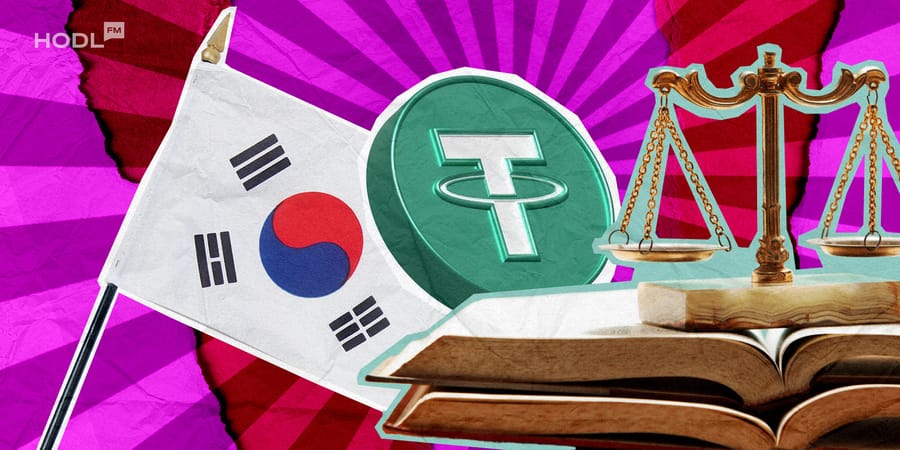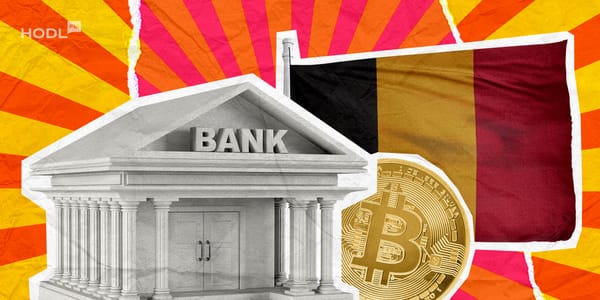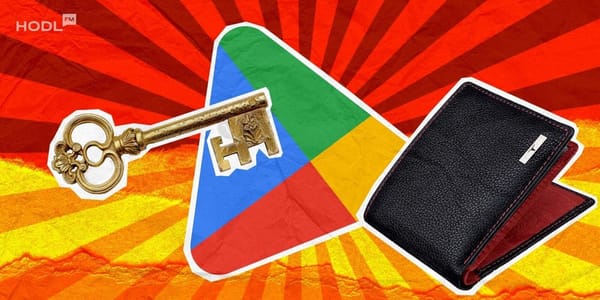South Korea lawmaker Min Byeong-deok tabled the Digital Asset Basic Act. This new bill seeks to strengthen the country's crypto regulation enforcement and establish a new licensing regime for stablecoins.
According to Min Byeong-deok, the act will set a strong foundation for South Korea to succeed in the global virtual assets economy.
The lawmaker also made sure the proposed bill aligned with existing compliance guidelines as outlined in the Virtual Asset Investor Protection Act, the country’s current crypto regulation enforcement act that became active in July 2024.
A Bill for Safeguarding South Korea Crypto Investors
The primary goal of this law was to continue protecting investors and assets. With this new bill, the government could provide more comprehensive and structured guidelines for regulating the local virtual assets economy.
The stablecoin licensing regime is the main component of Byeong-deok’s bill, and if passed, could require stablecoin issuance companies to reach 500 million Korean won in owners’ capital, an amount that’s equivalent to $367,890.
Meanwhile, the bill is in proper alignment with recently elected President Jae-myung’s promise to deliver a stablecoin market based on the Korean won. President Jae-myung said the main goal of a local stablecoin ecosystem is to protect domestic capital from outflows to stablecoins based on foreign currencies.
South Korea’s Laser-beam Focus on Crypto Regulations
Byeong-deok, who runs the digital asset committee for President Lee’s election campaign, is seemingly pushing for clear stablecoin regulation, as promised by the Democratic Party. This move comes on the background of South Korea’s efforts to provide practical guidelines for virtual assets. At the start of 2025, the chairman of the Financial Services Commission (FSC), Kim Byoung-hwan, talked about plans to accelerate South Korea’s institutionalization of cryptocurrencies.
Furthermore, the Digital Asset Basic Act has a broad mission to legally define the application of digital assets to service providers. If passed, the bill also proposes a Digital Asset Committee led by the president. Moreover, the bill will also establish ways of penalizing unfair practices in the crypto space.
This bill demonstrates South Korea’s strong commitment to ensuring investor protection while being able to stay aligned with global virtual assets trends. According to Kim Byoung-hwan, the government is keen on protecting investors. Still, it will do anything to foster a balanced framework that allows the space to thrive while providing a safety net for the investor.
Stablecoins Are Winning the Global Stage
Interestingly, it’s not only South Korea that is diving into stablecoin regulation. The United States is pushing for a Trump-endorsed stablecoin legislation dubbed the GENIUS Act.
The GENIUS Act:
— Senator Cynthia Lummis (@SenLummis) May 21, 2025
🏦Preserves the dual banking system
🏆Protects consumers
🇺🇸Secures our financial future
Hong Kong passed a similar bill to South Korea that mandates issuance companies to get licensed. In Africa, Kenya introduced the Virtual Asset Service Providers Bill 2025, which provides guidelines for ICOs, stablecoins, exchanges, and investment advisors to get proper licensing. The United Arab Emirates (UAE) recently outlined plans to release a stablecoin pegged to the Dirham.
In May, stablecoins’ total market capitalization reached an all-time high of $250 billion, thanks to increasing DeFi activity, rising adoption of crypto by institutions, expanding day-to-day use-cases, and the increasing demand for faster and convenient cross-border payment solutions.

Disclaimer: All materials on this site are for informational purposes only. None of the material should be interpreted as investment advice. Please note that despite the nature of much of the material created and hosted on this website, HODL FM is not a financial reference resource, and the opinions of authors and other contributors are their own and should not be taken as financial advice. If you require advice. HODL FM strongly recommends contacting a qualified industry professional.





